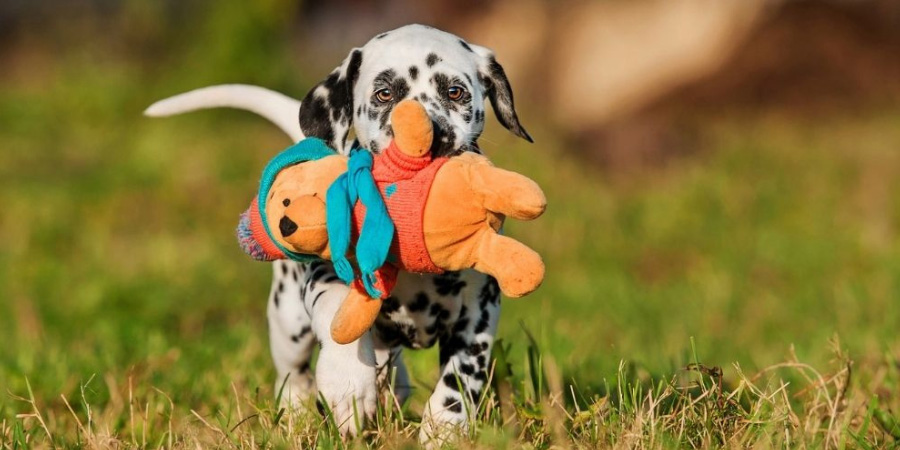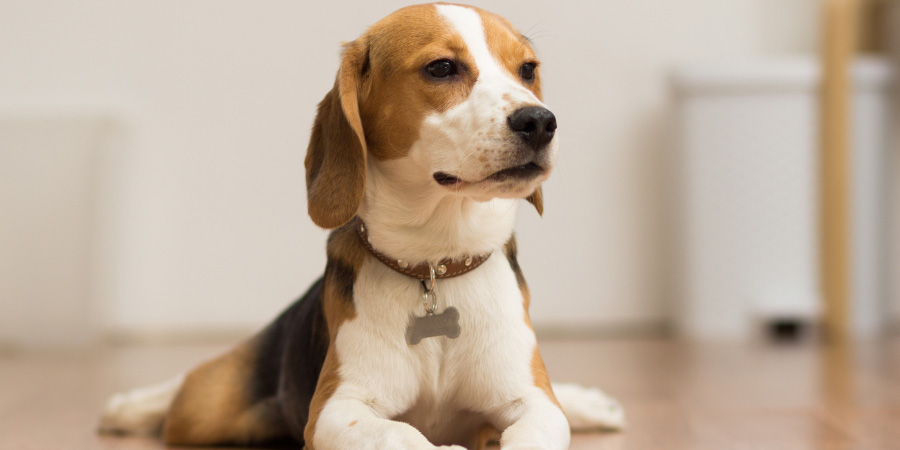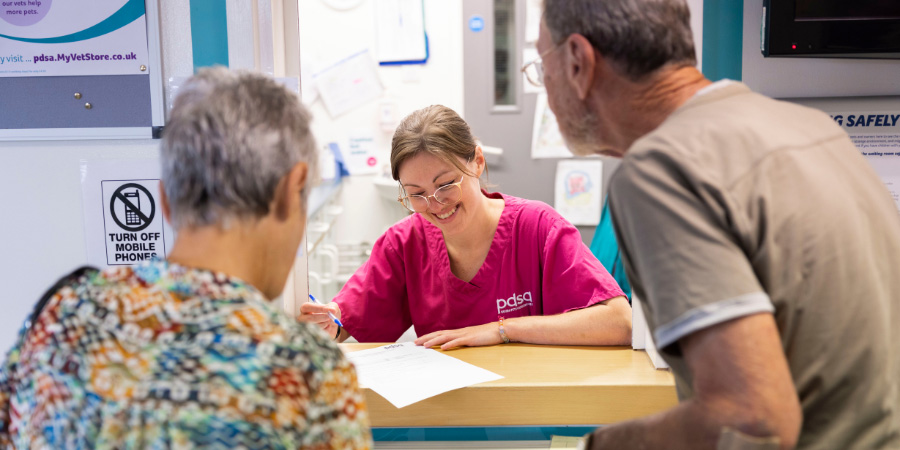Did you know that lack of sleep can affect your dog's emotional state and behaviour? Sleep helps their bodies stay healthy and strong. It's like an essential time for their bodies to relax and repair themselves, so they can be ready for anything.
So how much sleep does a dog need? Evidence suggests most dogs need between 14 to 16 hours or more of sleep in a 24-hour period, however there will be some variation between individuals. And of course, puppies, older dogs and those that are unwell or recovering from injury or illness are likely to need the most sleep.
Signs a dog might not be getting enough sleep
Just like us, dogs can get irritable if they don’t get enough sleep. In fact, our PDSA Animal Wellbeing (PAW) Report found that dogs who get less than ten hours of sleep a day may be more likely to show confrontational behaviours such as growling, snapping or biting. That’s why ensuring your furry friend enjoys a peaceful sleep is so important.
A dog who doesn't get enough sleep might feel sluggish and less enthusiastic. It's like when you're so tired you just want to curl up and nap. Your dog might struggle to pay attention if they aren’t getting enough sleep.
To help you and your furry friend enjoy a peaceful night’s sleep, here are some tips to get your dog to sleep.
Create the perfect environment for your dog

Everyone loves a comfortable, quiet place to rest – including your pup. Your dog’s environment will have a significant impact on how long they sleep. Unsurprisingly, evidence suggests busier environments may not be good for their sleeping habits, so make sure your dog has a peaceful environment to sleep. We recommend:
- Having a bed or safe comfortable space in a quiet area where they won’t be disturbed. Consider crate training or creating your dog their own den.
- Giving them several ‘snooze spots’, so there are plenty of places for them to go.
- Making sure that everyone in the household understands not to disturb your dog when they go to their safe space to rest.
- Monitoring your dog whilst not disturbing them. If you do need to check on your dog, there are products to help you monitor them such as cameras.
Ensure your dog is being stimulated mentally and physically

Ever wondered why your pup conks out after a long walk or a good play session? It's not just down to physical exhaustion. Just like us, mental stimulation plays a big role in helping your dog sleep. By putting exercise and games into your dog's day, you're setting them up for a night of restful sleep. Even a simple sniff walk (where dogs are allowed to wander sniffing at their own pace) can be great mental stimulation as well.
Physical activity burns off excess energy, while mental challenges leave their minds fatigued (in a good way). This double dose of tiredness translates to a calmer and more relaxed state, perfect for drifting off to dreamland.
Visit the PDSA Pet Store to find a range of stimulating dog toys.
Help your dog feel comfortable being alone

Dogs that struggle with being left alone or suffer from separation anxiety, may find it hard to sleep soundly. When getting a puppy, alongside the all-important socialisation experiences, make sure to put time in helping them learn to be comfortable with spending time alone, and understand how to relax to help prevent them from developing separation anxiety in later life. Teach them to settle calmly while you’re around to begin with, then start to gradually increase the amount of time they are left alone to get them used to it.
When your dog is left alone for small periods of time, there are things you can do to stop them getting bored and help them relax. For example, you could try placing enrichment feeders, chew toys or other puzzle toys around the house. But only leave your dog alone with these toys if they are safe and there is no risk of them hurting themselves.
You could also consider using a plug-in diffuser or collar that releases natural calming pheromones but contact your vet beforehand to check that it’s right for your furry friend.
When to speak to your vet

If you see signs from a change in their behaviour or notice that they’re not getting the recommended hours we’ve outlined, after you’ve tried and tested our top tips, contact your vet. They will be able to examine your dog to rule out any medical problems, such as pain or breathing problems, which can affect your pet’s sleep.
For more expert advice from our vets, check out the Pet Health Hub.
